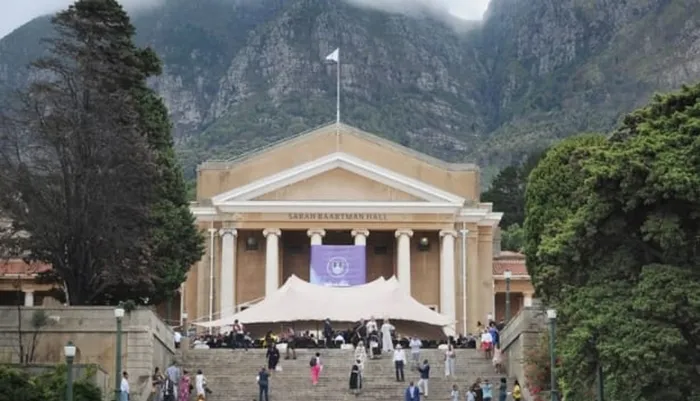Gaza: UCT rejects contact with Israel

The UCT council demanded the return of all captives, and urged the international community to ensure that the provision of humanitarian aid includes the restoration of the education sector in Gaza.
UCT’s council has adopted two resolutions regarding the Gaza conflict, including in regard to research collaborations with members of the Israeli Defence Force and the wider Israeli military establishment.
In terms of this resolution, no UCT academic may enter into relations, or continue relations with, any research group and/or network whose author’s affiliations are with the Israeli Defence Force, and/or the broader Israeli military establishment.
UCT’s council held an ordinary plenary meeting on Saturday, and among the items on the agenda were two resolutions regarding the Gaza conflict which were passed by Senate at a meeting held in April and then tabled for council’s consideration.
Council debated the resolutions and adopted each by majority decision.
In terms of the first resolution, on the destruction of scholarship and education in Gaza, Senate resolved to call again for an immediate ceasefire and the passage of humanitarian aid.
It also demanded the return of all captives, and urged the international community to ensure that the provision of humanitarian aid includes the restoration of the education sector in Gaza.
This resolution also expressed concern about, and opposition to, any attempts to curtail academic freedom by labelling criticism of Israel or Zionist policies as anti-Semitism.
The resolution expressed solidarity with academic colleagues victimised for their willingness to speak out against the “educaracide” in Gaza.
The SA Zionist Federation Cape Council (SAZF CC) said the decisions by UCT’s council to endorse motions calling for the boycott of Israeli institutions marked a “troubling turn” in the university’s commitment to academic freedom and global collaboration.
“The SAZF CC is deeply dismayed by this development, which poses significant risks to the university’s academic and financial well-being, as well as to the principles of intellectual freedom and diversity,” SAZF CC chairman David Cohen said.
“One motion targets a boycott of Israeli universities associated with the Israeli Defence Force. Given Israel’s universal conscription policy, this effectively amounts to a blanket boycott of all Israeli academic institutions.
“Such a sweeping measure undermines the essence of academic freedom, which thrives on the free exchange of ideas and the collaboration of scholars across borders.
“This boycott infringes upon the constitutional right of UCT staff and students to freely associate and collaborate with their peers worldwide.
“This boycott fosters a hostile environment for Jewish students and staff, increasing the likelihood of anti-Semitic incidents on campus.”
The UCT Palestinian Solidarity Forum welcomed the council’s adoption of the resolutions but urged the university to go further and implement a comprehensive boycott of all “Israeli” academic institutions.
“Israeli universities have been found to be complicit in the genocide and human rights violations perpetrated by the Israeli army, and are situated on stolen Palestinian land.
“As an institution claiming to uphold justice and equality, UCT must take a stronger stance against the Israeli apartheid state and academic complicity.
“We expect UCT to honour its commitment to justice and equality by fully boycotting Israeli academic institutions.”
Cape Times
Related Topics: